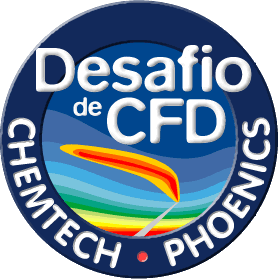344e Making Cfd Popular among Undergraduate Students
With the intention to spread the interest in this technology, a Brazilian engineering company has been organizing CFD "challenges" among undergraduate students from the most prestigious local universities. These challenges are organized in three phases: call for the contest, training of the attendees and the contest itself, which usually takes place during the Rio Oil & Gas Expo / Conference, at the companyxs booth.
During the first phase, invitations are sent to the main Brazilian universities, which have to present the names of the indicated students and theirs advisors (professors). At the next phase they are all trained, under no charges, by experienced CFD professionals in the chosen tool to be used at the contest, the software PHOENICS (Parabolic Hyperbolic or Elliptic Numerical Integration Code Series), developed by the British company CHAM (Concentration, Heat and Momentum Limited). This training also gives the students an opportunity to be in contact with real industrial applications.
During the contest the groups are presented to a real physical situation which they have to simulate. Real physical data is compared with each group results and the team that achieves the best qualitative/quantitative results is declared the winner. Beyond the knowledge and recognition, the students and professors of the winning group also receive prizes and their university receives a donation of computers.
Some recognition has already resulted from this educational initiative and the company was awarded the “Social Responsibility Prize 2004”, granted by CREA (National Engineering and Architecture Council).
The competition has also awaked the interest of a lot of undergraduate students in the most different engineering areas and has revealed some great potential future engineers to work in this area. This successful experience is now being expanded to other knowledge areas, such as Process Control.
